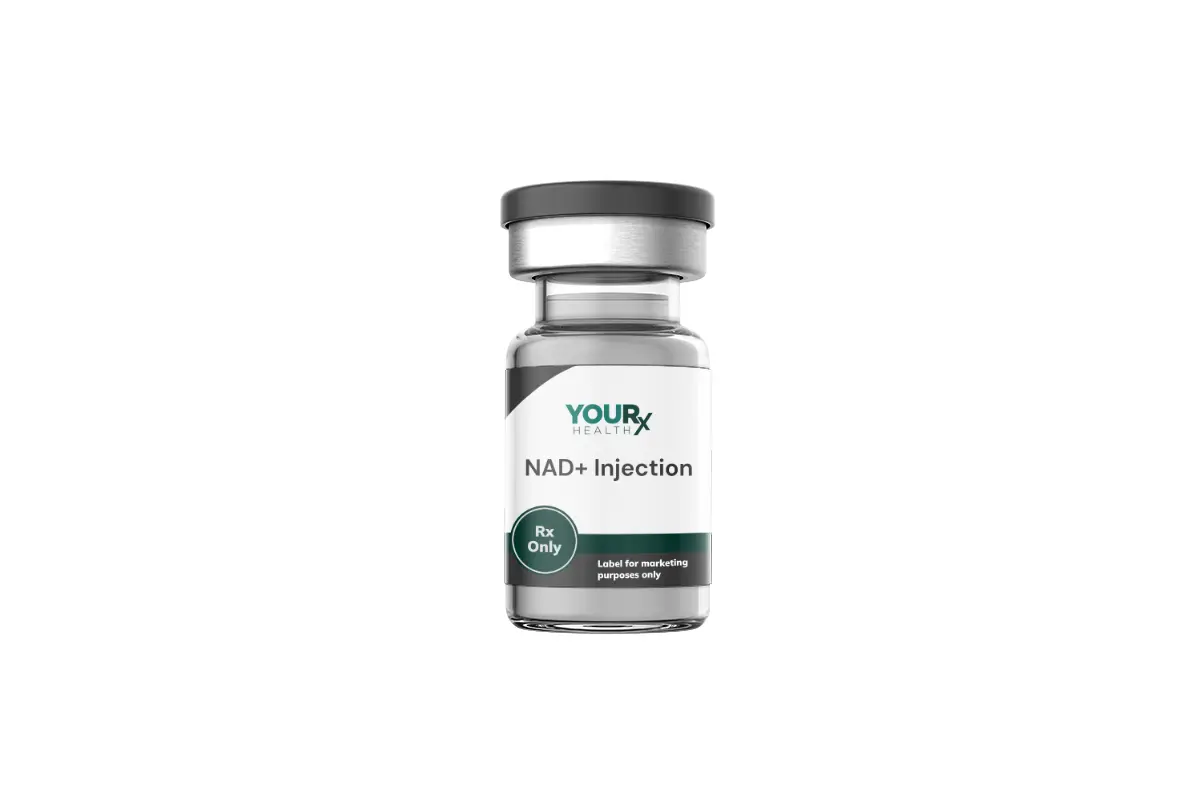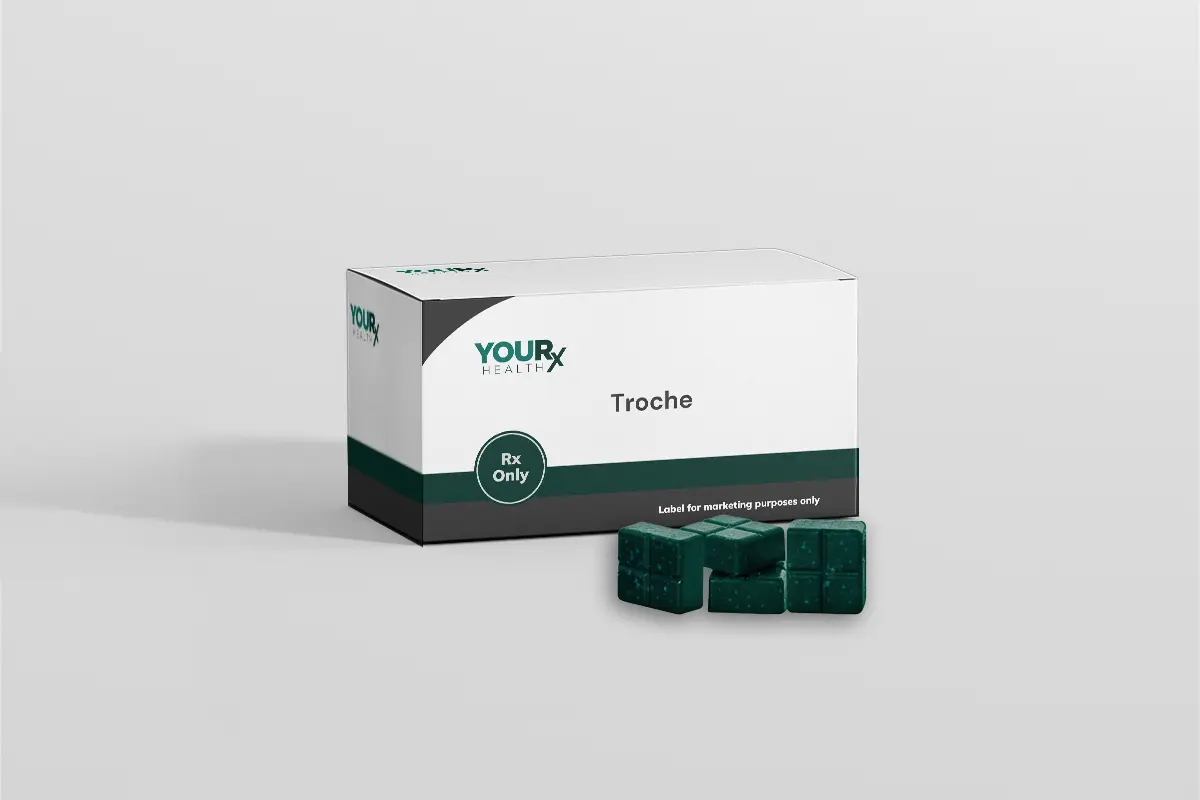
Written by
Clay Hall
PhD, MBA, NP-C
When it comes to health and wellness, much of the attention is often directed at fitness routines, mental health practices, or even skin care. But one of the most critical factors influencing our overall health is something many overlook: gut health.
The gut is more than just a digestive system; it’s a powerhouse that influences nearly every aspect of your well-being. Let’s dive into why gut health matters and how you can support it for a healthier, happier life.
Why Gut Health Matters
- The Gut-Brain Connection The gut and brain are intricately linked through a communication network called the gut-brain axis. The gut produces about 90% of the body’s serotonin, a neurotransmitter that impacts mood, sleep, and appetite. Poor gut health can contribute to anxiety, depression, and other mental health challenges.
- Immune System Support Did you know that about 70% of your immune system resides in your gut? A healthy gut barrier helps protect your body from harmful pathogens while allowing essential nutrients to be absorbed. Maintaining a balanced gut microbiome is critical for immune resilience.
- Nutrient Absorption Your gut breaks down the food you eat and absorbs the nutrients your body needs to function optimally. Without a healthy gut, even the most nutritious diet may not provide the benefits it should.
- Weight Management and Metabolism Emerging research shows that the balance of bacteria in your gut can influence your metabolism and how your body stores fat. A healthy gut microbiome can support weight management and metabolic health.
Signs Your Gut Might Be Struggling
Your gut often sends signals when it’s not in balance. Common signs of poor gut health include:
- Frequent bloating or gas
- Persistent fatigue
- Skin issues like acne or eczema
- Food intolerances
- Brain fog
- Frequent illness or infections
Steps to Improve Gut Health
- Eat a Fiber-Rich Diet Fiber is essential for a healthy gut. Incorporate whole grains, fruits, vegetables, nuts, and seeds into your diet. These foods feed the beneficial bacteria in your gut.
- Add Fermented Foods Foods like yogurt, kefir, sauerkraut, kimchi, and kombucha are rich in probiotics, which help populate your gut with healthy bacteria.
- Stay Hydrated Drinking enough water supports digestion and helps maintain a healthy gut lining.
- Minimize Processed Foods and Sugar Highly processed foods and excessive sugar can disrupt the balance of bacteria in your gut, leading to inflammation.
- Consider Prebiotics and Probiotics Prebiotics, found in foods like bananas, onions, and garlic, act as food for your gut bacteria. Probiotic supplements can also help restore balance if your microbiome needs extra support.
- Manage Stress Chronic stress can negatively impact your gut health. Practices like meditation, yoga, or even deep breathing exercises can help reduce stress and support your gut-brain connection.
- Get Enough Sleep Poor sleep can disrupt your gut microbiome. Aim for 7-9 hours of quality sleep per night to give your gut time to repair and reset.
Final Thoughts
Your gut health is foundational to your overall wellness. By taking steps to support your gut, you’re not only improving your digestion but also enhancing your mental health, immunity, and energy levels. It’s never too late to start prioritizing your gut — your body and mind will thank you.
At YOURx Health, we’re passionate about helping you take control of your well-being. From educational resources to quality supplements, we’re here to support your journey to optimal health. Explore our range of products at YOURx Health.




